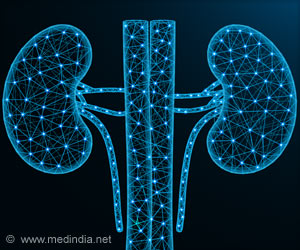Novel unprecedented method is capable of improving brain images obtained through magnetic resonance imaging using artificial intelligence (AI).

TOP INSIGHT
Novel artificial intelligence (AI) algorithm offers clearer and more accurate results without any additional computing time.
This study represents a scientific breakthrough, since the algorithm developed by the UMA yields more accurate results in less time, with clear benefits for patients. "So far, the acquisition of quality brain images has depended on the time the patient remained immobilized in the scanner; with our method, image processing is carried out later on the computer", explains Thurnhofer.
According to the experts, the results will enable specialists to identify brain-related pathologies, like physical injuries, cancer or language disorders, among others, with increased accuracy and definition, because image details are thinner, thus avoiding the performance of additional tests when diagnoses are uncertain.
Nowadays, the ICAI Group of the UMA, led by Professor Ezequiel López, co-author of this study, is a benchmark for neurocomputing, computational learning, and artificial intelligence. The Professors of the Department of Computer Science and Programming Languages Enrique Domínguez and Rafael Luque, as well as researcher Núria Roé-Vellvé, have also participated in this study.
Source-Eurekalert
 MEDINDIA
MEDINDIA




 Email
Email










